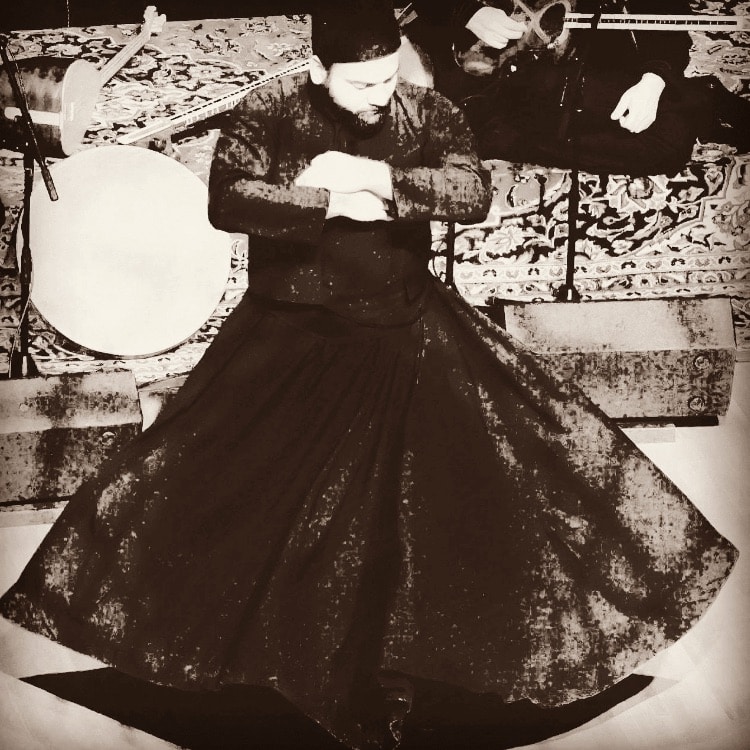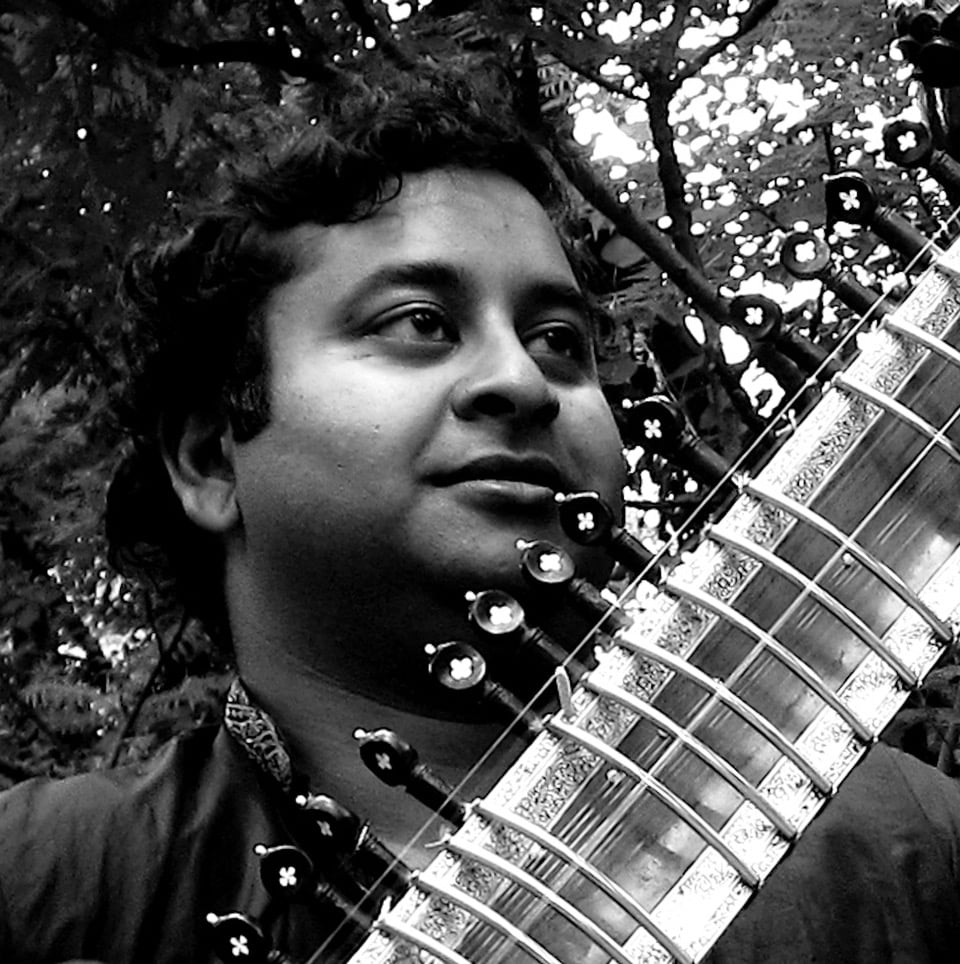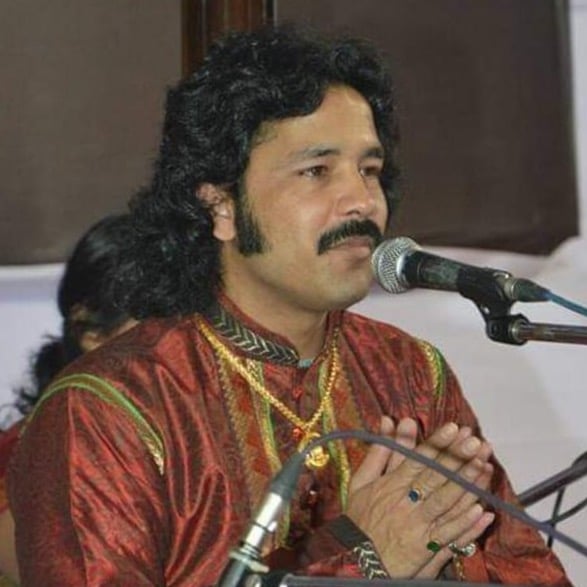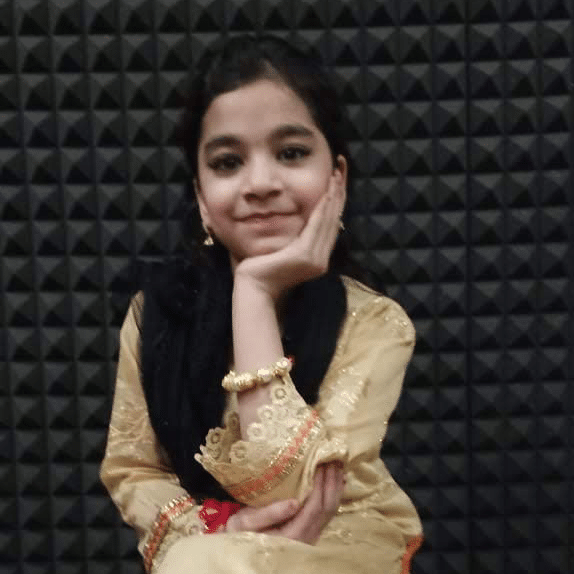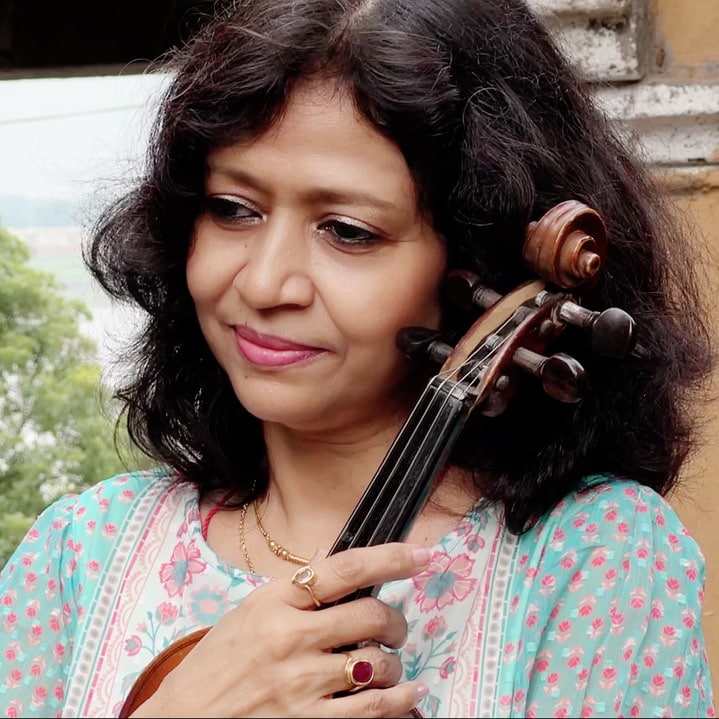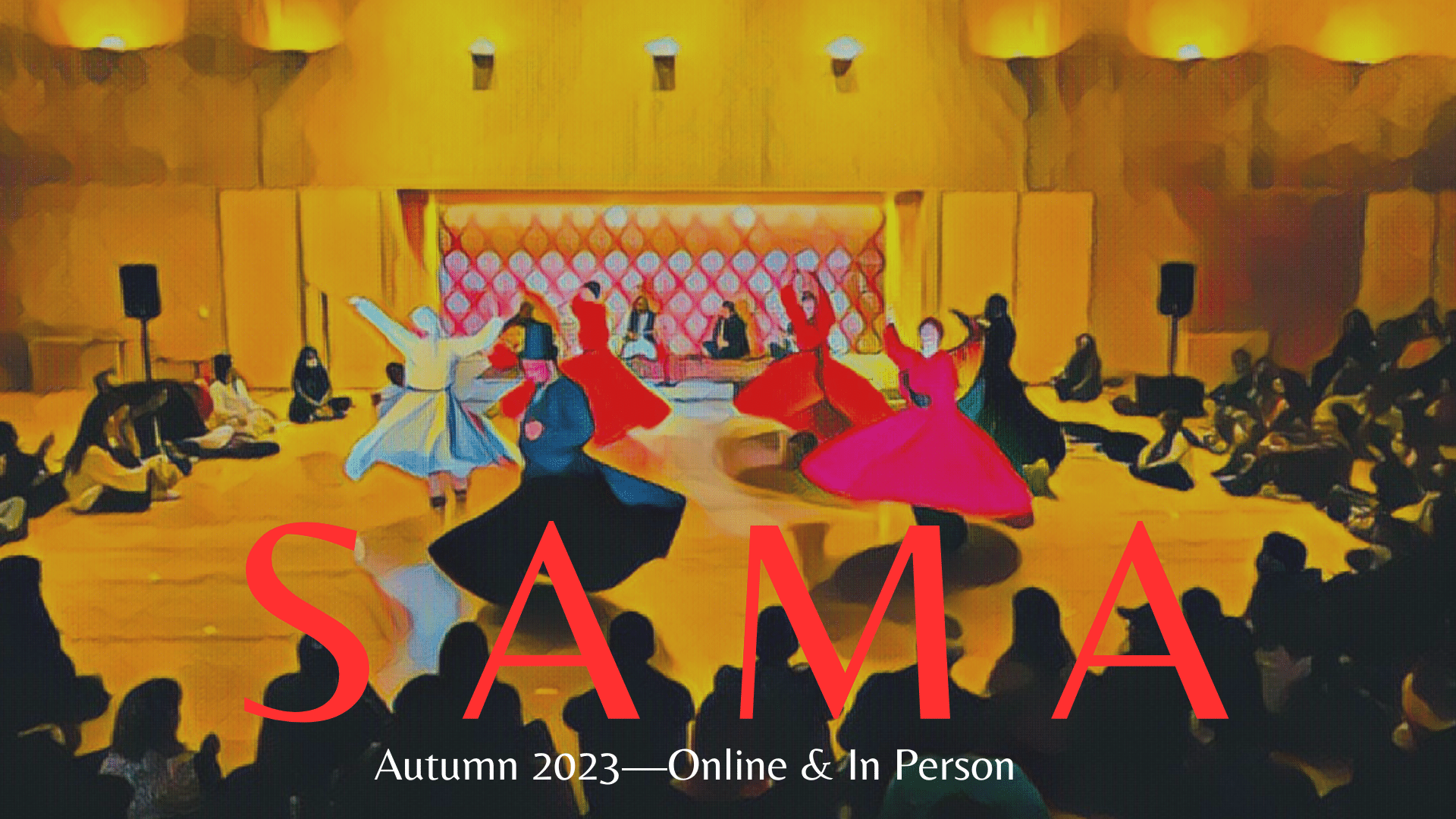
Sama
Sundays, September 10th, October 29th, November 12th and December 17th
TIMES ARE NOT ALWAYS CONSISTENT – but most are 12:30 – 1:30 pm ET
Dervishes are those among Sufis who adopt a certain method of progressing through the spiritual path . . . They are dreamers and lovers of God; they worship God in nature, especially in human nature. Among the many ways of spiritual development, they have one way which is called Sama’, which is listening to music. They . . . make themselves as a medium of resonance of the music they hear. Therefore, music touches them differently from any other person, music touches the depth of their being. Moved by music, they manifest different conditions, termed by Sufis hal, which means “condition.” Anyone among them who is moved by spirit may manifest the ecstasy, which is called wajd, in the form of tears, sighs, or in dance . . . the bliss of the dervish is understood by very few. But something that one can learn from this is the theory of the whole process of their spiritual development. By making God their Beloved and by seeing God in the sublimity of nature, they create the presence of God. . . By the help of concentration, poetry, and music, joy and pain both are felt more deeply. Therefore, God becomes living, God’s presence is before the dervish in all moods. In the Sama’, their musical ceremony, when once the dervish’s pain had an outlet in some form or other, the condition that follows is that of deeper insight into life. — Hazrat Inayat Khan, Music
Sama is sacred listening—an ancient practice of the Chishtis—attuning deeply to the divine music and harmony of the spheres. Sometimes this inspires one to whirl; some are trained in this practice, and others may be spontaneously struck by a sense of Vajd, or ecstasy. All are welcome to participate as they feel.
Sama dates this fall will be centered around special occasions, with a few opportunities to gather in person and as always, together on Zoom.
- Sunday, September 10th: 2:00 – 3:00 pm ET / 8:00 – 9:00 pm CET—a celebration of the reopening of Fazal Manzil live from the Sufi Sama Khaneh Retreat with Shams al Haqq
- Sunday, October 29th: 12:30 – 1:30 pm ET / 5:30 – 6:30 pm CET—join us just before Pir Zia’s Sunday class series on Spiritual Liberty with Ustad Amjad Ali Khan & Aysha Ali Khan
- Saturday, November 12th: 12:30 – 1:30 pm ET / 6:30 – 7:30 pm CET — with Pandit Srinivas Reddy
- Sunday, December 17th: 12:30 – 1:30 pm ET / 6:30 – 7:30 pm CET—Rumi’s Urs, a Celestial Sama with Anupriya Deotale.
All are welcome to attend. This program is open and free to the public; come to all or any parts of the series. Recordings of each class can be found on the Inayatiyya Vimeo page.
Donations to the musicians are always appreciated.
If you have questions about Music, or about this series, please email us at music@inayatiyya.org.
Date
- Dec 17 2023
- Expired!
Time
ET- 2:00 pm - 3:00 pm
Local Time
- Timezone: America/New_York
- Date: Dec 17 2023
- Time: 2:00 pm - 3:00 pm
Cost
- Free
Location
- Zoom
Organizer
Language: English
Speakers
-
Shams al Haqq Farzad
Shams al Haqq is classically trained in Sama. He has extensively studied the turn, sama meditation, as well as mysticism and Persian mystical poetry of Sufism and Irfan. He curated and has taken part in many spiritual music Ceremonies and sama presentations. He serves the Sufi communities in Canada, presenting some of their work through Rumi Canada. He is also a student within the Inayatiyya & graduate of Suluk Academy. He currently lives in Vancouver, Canada & holds monthly sessions for Sama / inner listening meditation.
-
Srinivas Reddy
Srinivas Reddy is a scholar, translator and musician. He studied classical South Asian languages and literatures at UC Berkeley and currently teaches at Brown University and IIT Gandhinagar. Srinivas is also a concert sitarist who trained in the traditional guru-shishya parampara in the lineage of late maestro Pandit Nilkhil Banerjee. He spends his time performing, teaching and conducting research around the world. His latest book is Raya: Krishnadevaraya of Vijayanagara (2020). www.srinivasreddy.org
-
Ustad Amjad Ali Khan
Ustad Amjad Ali Khan has musical blue blood in his veins owing to his family lineage. He is the direct descendant of the family of the great Ustad Abdul Karim Khan and the legendary Sartaj-e-Mousiqui, Ustad Abdul Wahid Khan who were the founders of the famous Kirana Gharana. He is the grandson of the late Padamshree Ustad Shakur Khan and the son of veteran vocalist and dignified teacher of Kirana Gharana Ustad Akhtar Nawaz Khan (nephew and first disciple of Padamshree Ustad Shakoor Khan.)
He is blessed with a melodious, reverberating voice which resonates in the mind long after the recital. Acclaimed across the globe for his mesmerizing Hindustani classical renditions that are a harmonious blend of melody and rhythm, his ability to balance the performances with sensitive alap/ vistar, complex sargams and an onslaught of lightning fast taans has set him in a class apart. He is one of the contemporary singers of Kirana Gharana to have assimilated the essence of the meer-khand, vistar or development typical to the gharana. His impeccable renditions and deep knowledge in the subject have earned him the reputation of being a torch-bearer of the gharana. Though his forte is khayal singing, he sings the semi-classical forms like ghazal, thumri, chaiti, and bhajan with equal aplomb. -
Aysha Ali Khan
Aysha Ali Khan has been studying vocal music since age 6; she is a disciple of her grandfather Ustad Akhtar Nawaz Khan and great-uncle Ustad Mubarak Ali Khan, in addition to her father Ustad Amjad Ali Khan. She has performed on stage with her father in India, and online in programs in the US and Canada.
-
Maestro Anupriya Deotale
Maestro Anupriya Deotale is the daughter of legendary Hindi Poet Prof. Chandrakant Deotale, the most renowned violin player in India and the entire subcontinent. Anupriya is a disciple of great sarod and sarangi maestros Ustad Amjad Ali Khan and Pandit Ram Narayan. Her style of playing the violin is distinguished by the emotional depth and divinity it evokes. Her passion, dedication and hard work have brought her immense fame and recognition. She is the only Indian Classical musician to receive the prestigious Ustad Salamat Ali and Nazakat Ali Khan award in Lahore (Pakistan). Anupriya is the first Indian classical female musician to be recorded for a program by Pakistan Television. She has received a senior fellowship from India’s Ministry of Culture. Maestro Deotale is an ‘A’ Grade Artist of the All-India Radio Station, an established artist of the ICCR (Indian Council for Cultural Relations) and performs regularly for the “SPICMACAY.” She has represented India in over 40 countries, with major concerts in India, Spain, Italy, Austria, Switzerland, Germany, France, Slovenia, Hungary, the UK, Canada, Reunion Island, Russia, Latvia, Singapore, Japan, Bangladesh, Nepal, Mauritius, Bahrain, UAE, Qatar, Oman, Pakistan, China, Indonesia, Egypt, and Malta.

